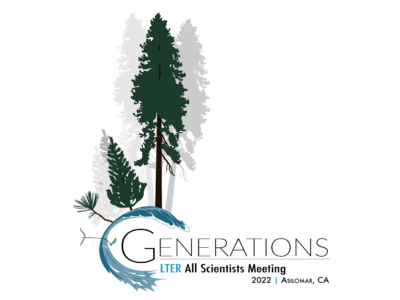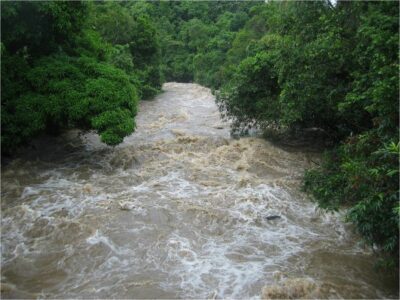Urban ponds help amphibians thrive in cities

Urban pond habitats and specific management practices promote amphibian diversity and abundance in Madison, Wisconsin

Urban pond habitats and specific management practices promote amphibian diversity and abundance in Madison, Wisconsin

Large GIS operations often stretch personal computers, but don’t require supercomputers. Here’s a way to run them via a remote server.

ESA is always a great opportunity to present LTER research, demonstrate the power of our network, and make powerful connections across sites, institutions, and other networks. In 2022, ESA returns to an in-person format, and LTER sessions span from oral sessions, inspire talks, posters, and more. See the full list, organized by date, below. If… Read more »

Researchers at the SBC LTER show that lobster spillover from MPAs caused a 400% increase in lobster abundance outside of protected areas.

Science workshops teach complicated concepts to a wide audience—and nailing the balance between highly technical science, accessible information, and inclusive participation can be tricky. In this workshop, Dr. Carrie Kappel covers strategies that help workshops be more accessible to all, with an eye towards better LTER All Scientists Meeting Workshops. Open to all! July 27, 9:00… Read more »

https://edirepository.org/featured/featured-20220712.00



The shared spaces between LTER and NEON add value for both networks and for the research community at large.

The LTER Network offers funding to LTER undergraduates to attend the 2022 All Scientists Meeting.